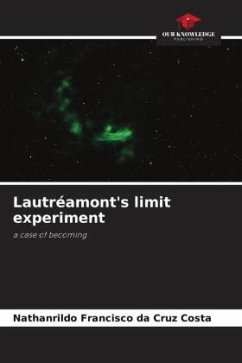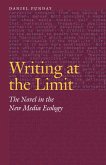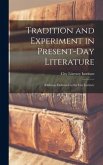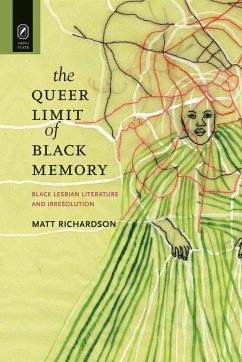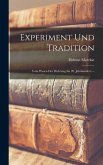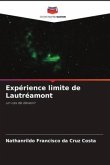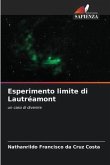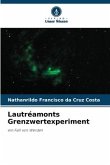The aim of this book is to analyze the literary becoming in Lautréamont's The Songs of Maldoror, focusing on how the work is realized within a limit proposal. Based on the critical and theoretical studies of Blanchot (2005, 2014), Heraclitus (2002), Deleuze (1997, 1988), Deleuze and Guattari (2003, 2009, 1997), Foucault (2009), Nietzsche (2008), Perrone-Moisés (1973), it problematizes language as a limit-experience and literary becoming that the narrative exerts, through the analysis of language issues present in the work such as: elements of the narrative, aesthetics of the grotesque, thematic flows, intertextuality, self-referentiality, bilingualism, as well as the becoming-minors, becoming-man-woman, becoming-animal, under a limit proposal in its elaboration. Lautréamont's work, written in the 19th century, breaks with the traditional aesthetic norms and paradigms of classical Platonic-Aristotelian literature, through deviation, metamorphosis and the not only physical but literary violence of the Cantos. Above all, this is writing that is always being experimented with in its limits, in its becoming.
Bitte wählen Sie Ihr Anliegen aus.
Rechnungen
Retourenschein anfordern
Bestellstatus
Storno

